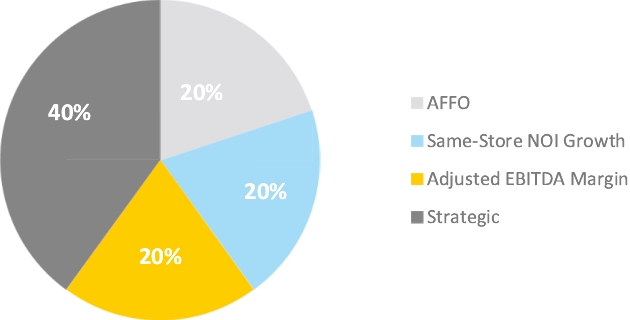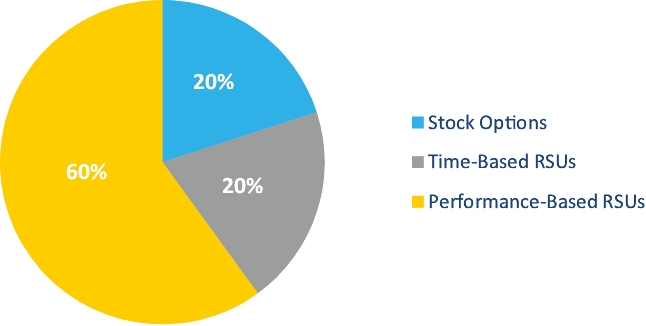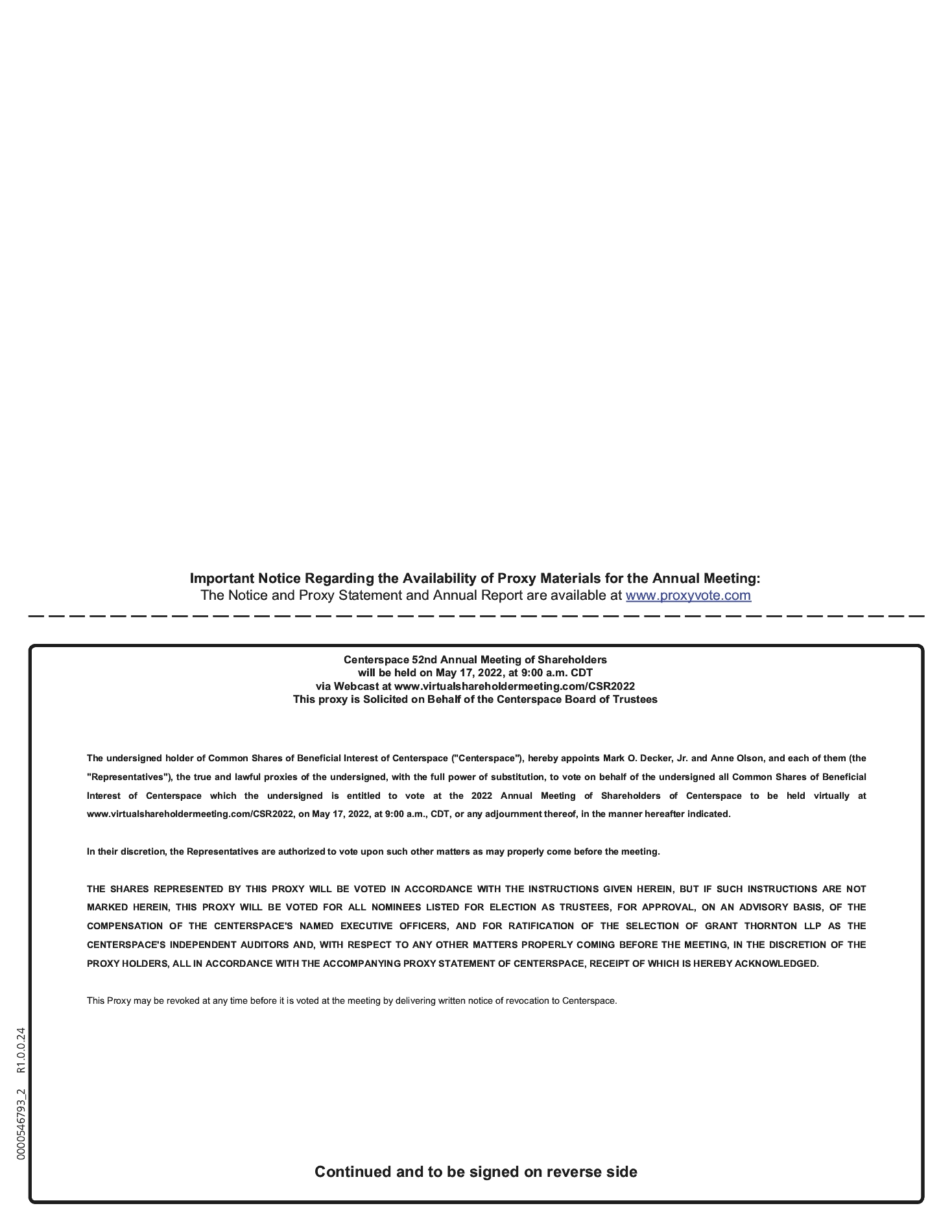Shares do not include shares pursuant to performance awards that have not yet been earned and unexercised share options that were not granted to the Officers through the LTIP. The Company intends that equity awards granted by the Company under its equity compensation plans will satisfy the ownership requirements.
Failure to comply with this policy may result in the requirement that the officer retain 100% of net shares received as a result of any equity awards granted by the Company until the officer has reached the required ownership level. The Company may grant waivers of these requirements where compliance would place a severe hardship on an officer, would prevent an officer from complying with a court order, or in other exceptional circumstances. The status of share ownership and retention is reviewed annually by the Compensation Committee to ensure compliance.
The Sarbanes-Oxley Act of 2002 requires companies to maintain procedures to receive, retain, and treat complaints received regarding accounting, internal accounting controls, or auditing matters and to allow for the confidential and anonymous submission by employees of concerns regarding questionable accounting or auditing matters. The Company’s Audit Committee has adopted a complaint procedure that requires the Company to forward to the Audit Committee any complaints that it has received regarding financial statement disclosures, accounting, internal accounting controls, or auditing matters. Any employee of the Company may submit, on a confidential, anonymous basis if the employee so chooses any concerns on accounting, internal accounting controls, auditing matters, or violations of the Company’s Code of Conduct or Code of Ethics for Senior Financial Officers. All such employee concerns may be reported by means of the Company’s whistleblower hotline through Lighthouse Services, an independent provider that assists organizations to identify improper activity or submitted in a sealed envelope to the Chair of the Audit Committee, in care of the Company’s General Counsel, who will forward any such envelopes promptly and unopened. The Audit Committee will investigate any such complaints submitted.
Communications to the Board
The Board recommends that shareholders and other interested parties initiate any communications with the Board in writing. Shareholders and other interested parties may send written communications to the full Board, the non-management trustees, any of the Committees, the Chair, or to any individual trustee c/o the Secretary, Centerspace, 3100 10th St SW, P.O. Box 1988, Minot, ND 58702-1988, or via e-mail to trustees@centerspacehomes.com. All communications will be compiled by the Secretary and forwarded to the Board, the specified Board committee, or to individual trustees, as the case may be, not less frequently than monthly. This centralized process will assist the Board in reviewing and responding to communications in an appropriate manner. The name of any specific intended Board recipient should be noted in the communication.
RELATIONSHIPS AND RELATED PARTY TRANSACTIONS
Related Party Transactions Policy
The Board has adopted a Related Party Transactions Policy, which sets forth the Company’s policies and procedures for the review, approval, or ratification of any related party transaction required to be reported in the Company’s filings with the SEC. The policy applies to any transaction, arrangement, or relationship or series of similar transactions, arrangements, or relationships in which the Company or any of its subsidiaries is a participant, the aggregate amount involved will or may be expected to exceed $120,000 in any year in which a related party has or will have a direct or indirect interest (other than solely as a result of being a director or a less than 10% beneficial owner of another entity). Related parties for this purpose include trustees, trustee nominees, officers, 5% shareholders, and their immediate family members and associated entities.
The Audit Committee must approve any related party transaction subject to this policy before commencement of the transaction. If it is not practicable to wait until the next Audit Committee meeting, the Chair of the Audit Committee has the delegated authority to pre-approve, or ratify, as applicable, any related party transaction in which the aggregate amount involved is expected to be less than $250,000. Related party transactions that are identified as such subsequent to their commencement will promptly be submitted to the Audit Committee or the Chair of the Audit Committee, which will, if they determine it to be appropriate, ratify the transaction. The Audit Committee will annually review all ongoing related party transactions and assess whether they remain appropriate. Under the policy, the Audit Committee or its Chair will approve only those related party transactions that are in, or are not inconsistent with, the best interests of the Company and its shareholders, as determined by the Committee or the Chair in good faith.
















